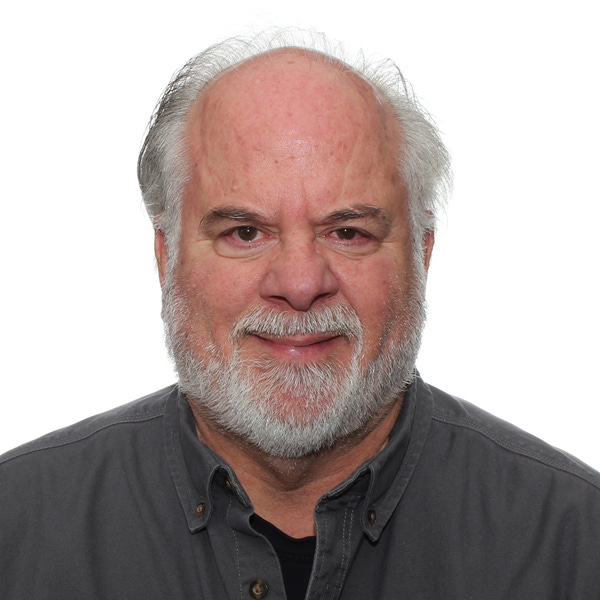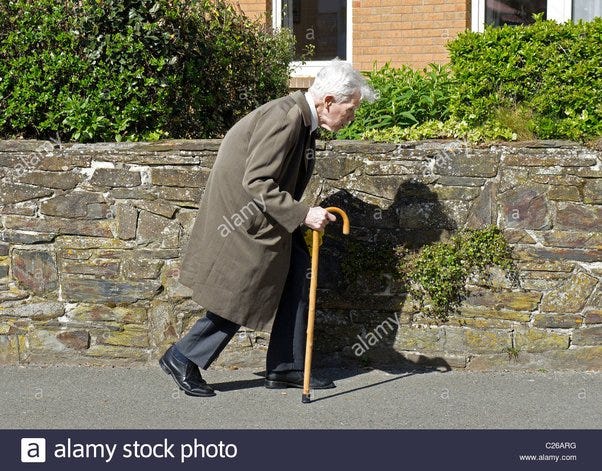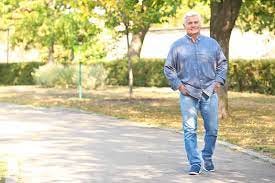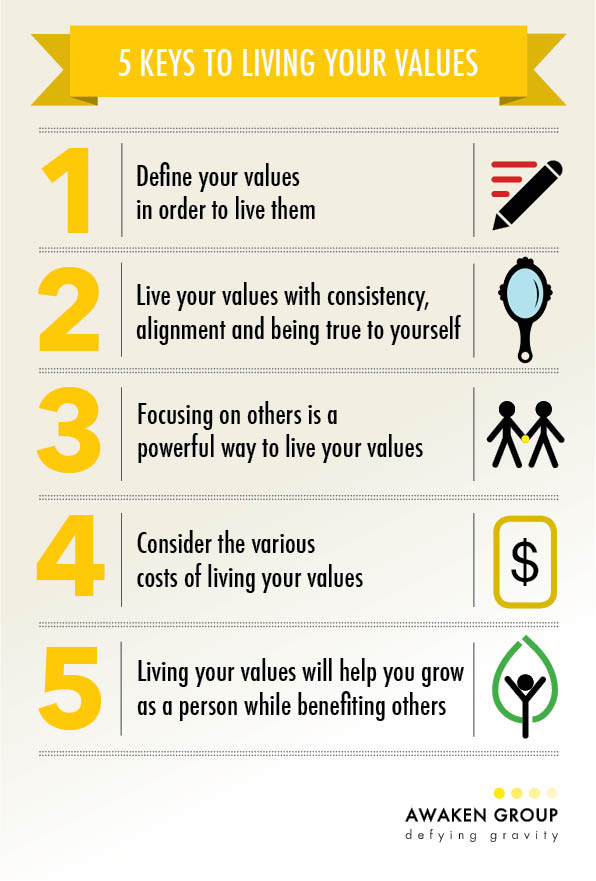Why Exercise (Part II)
An Update on My One-Year Effort to Walk Every Day
This entry is about me.
The above picture is of me, but this entry is not about me.
Instead, it’s about a decision I made approximately a year and a half ago. That decision: to walk 30 minutes every day, for the rest of my life.
I’m 66 years old. If I live to 85 years like the guy pictured above, this will be 19 years. Some think, “19 years is not a long time, depending on your POV.”
For me, it is an eternity because it is the remaining years I will exist on this planet.
After I die, possibly 19 or more years from now, people around me will keep living, but I will be gone. For this reason, after 19 years, I won’t need to walk daily. Therefore, my commitment will be over.
To get the full value from this entry, you must first read my entry, Why is it Hard to Exercise.
So far, 71 people have read it. The information in it is a pivotal lesson in human motivation to exercise or not to exercise.
To be sure, the clients I see have many times raised the topic of exercise.
When you go to the primary care physician (PCP), the topic comes up. “Sir, do you exercise regularly?”
If you broke your arm, the PCP might say, “The arm will heal fine, but don’t forget to exercise regularly.” If you are ill with the flu, the PCP might say, “While you are ill, keep your exercise to a minimum.”
I’ve never gone to a PCP who has said, “You know, Mr. Hill, I don’t think you should exercise. It doesn’t seem to be doing you any good.”
I would fall out of my chair if a PCP said this.
Why?
Because PCPs - at least my view of the profession - are limited in what they can say and do.
Below is a list of what PCPs actually do for me; it’s pretty short.
Diagnose
Refer to a specialist.
Prescribe a limited number of drugs while you wait to see a specialist.
Advise while you are waiting to see a specialist.
Do minimal procedures (clean out your ears) while you wait to see the Ear, Nose, and Throat Specialist.
Refer you to a drug, physical therapy, or other study where you get free attention from specialists.
Provide immunizations.
It can be maddening to see a PCP.
Why? Because it can be viewed as an unnecessary step. Sure, you meet a nice person most of the time. You get your vitals checked. If you’re lucky, you get a blood test. But you always get a bill, a pretty hefty one at that. For example, my knees have arthritis. I was an avid skier, but my knees no longer allow me to ski. I would never see a PCP for my knees. I would go straight to an Orthopedic Specialist, even if I had an accident where I strained my knee.
I had a PCP once who never looked at me. When he examined me, he only read my chart. I would come in, he would enter, sit down, start typing on the electronic chart (he was a fast typist), ask a few questions, renew my drug regimen.
Always a 10-minute visit. He never said my name. Instead, he called me “Sir”. He never looked at me, never got up from the chair except to enter or leave the room.
Always greeted me with. Hello. The only time I was touched by him or anyone (except the blood pressure cuff) was when a medical student overseen by the PCP came in and asked to examine my knees. The medical student noted some swelling in the back of my knee and wondered what it was (An undiagnosed Baker’s Cyst). Asked the PCP supervisor, who did not come back in, but relayed through the medical student a referral to - you got it - a SPECIALIST.
I eventually stopped seeing this PCP because I was unable to tolerate the disconnectedness. This hasn’t always been the case. I currently have a good PCP who answers my questions. But still, he never touches me, never examines me personally (doesn’t listen to my heart, thump my abdomen, etc., sits there and interacts with me. But, he does know the name, “Mr. Hill.”
I think this is the best it gets in the world of PCP medicine.
So, I’ve been walking every day since I made this commitment over a year ago. Well, not every day. I got COVID - didn’t walk then. Sometimes it’s been snowing. Don’t walk then, I’m not a fool. Sometimes I miss for no reason. Once in a while, I’m jam-packed with clients and can’t do it, but I note it and I’m sure to walk the next day.
Is it easy? NO
Is it pleasant? Most of the time, NO
Is it fun? NO
Does it feel like an obligation? YES
Am I sweaty and I need about a half an hour to cool down afterwards? YES
Do I dread it at times? YES
Do I want to stop? YES (at times)
Has it helped my health? YES (lower blood pressure, I’ve dropped one blood pressure medication since starting)
Do I track how far, how long, heart rate. NO, for me these are all a waste of time. I only track time - 30 minutes, then I’m done.
Is it a waste of time? NO and YES. I feel both sentiments.
I’m not that concerned about my health. This isn’t good for prevention, but oh well.
I’m less concerned about my health than my spouse is. I do a lot of stuff that negatively impacts my health. No, I don’t smoke cigarettes or drink alcohol (at all), or not wear a seatbelt, or engage in stupid behaviors like extra-marital affairs. My God! I’m a Psychologist! I know what this stuff does to you. I do chew nicotine gum, small amounts as a stimulant to help me focus at times. Dumb, I know, but it works. I’ve done it for 10 years, so I’m probably addicted to it. This is a dumb thing to do in my mind, for a whole lot of reasons, but I do it anyway. Why? Because I like it. That’s my POV. Do I eat right? Most of the time, but I’m still overweight (somewhat).
Do I care? NO.
Am I deteriorating: YES.
My knees are going, my back has always been bad, I have chronic health conditions that are progressing with age, and I survived cancer, so I’m probably immunocompromised. I’d rather be crawling on my hands and knees to endure any surgery or hospital stay. I don’t like surgery, AT ALL. I did take an ambulance ride recently, and I almost went on a ventilator with COVID, but I survived and don’t seem to have any side effects from it. My energy is low at times (that’s aging).
I used to go to Alaska every year and fish with a friend who had his own boat. It’s too hard to do that now, so I’ve stopped this. Too bad, but I’m getting old.
This underscores that I’m, for the most part, a typical older (65+) person with his quirks and problems, and who is aging. Now, walking defines at least one-half hour of every day of my life for good or bad.
What is Walking Every Day Like? How do You Keep it UP?
Below is HOW HARD it is to build into one’s lifestyle a 30-minute systematic routine (of any kind - good or bad). No wonder people fail with New Year’s Resolutions. I thought about presenting some walking diary entries, but I stopped doing this because it was a hassle, and I’ve got too many hassles to keep this up, so I quit doing it.
I don’t walk the same time every day. I’ve discovered it’s not possible to walk at the same time every day. Sometimes, for example, I walk between clients. But this is difficult as I get sweaty, mentally unfocused, and physically up-regulated, and when I see clients, I need to be in a centered, relaxed state. I’m almost mesmerized when I do therapy, I can’t get there when I’m all sweaty and my mind is wandering around.
It takes a real effort to down-regulate. Taking off all my sweaty clothes, toweling off, relaxing, drinking cold water until I stop sweating, re-dressing once I’m dry, stepping through internal routines to calm my physical system, calm and center my mind, and move into that special state I need to work effectively and interact. It takes more than half an hour to create this internal state for therapy. But, sometimes, for the sake of “walking 30 minutes every day,” I must walk between sessions, for example, in place of a last-minute cancellation. Then, I walk slightly less than 30 minutes because I need 40 minutes (minimum) to re-adjust myself.
I no longer walk by myself. My spouse loves to walk with me. This is a blessing and a curse. Because she is shorter than I am, she covers less ground, so with her, I’m less likely to get my heart rate up (as I walk fast). She likes to talk, and sometimes I try to engage her. “Bob, you keep asking the same stupid question that you know the answer to over and over. Are you aware you are doing this? Yes. Why in the world do you do it then? Just making conversation, I guess.” (you get the challenge here).
On the positive side, she pushes me to walk because she enjoys hiking. I also think it’s doing her some good, so I want her to walk with me, ultimately. She is a higher priority than I, so it makes sense to me to encourage her to walk. But, she asks unusual questions like. “Bob, I think we should get into couples therapy? Why? Because our marriage is stale. Why? You know what I mean, like what happened to romance, being in love, all that. MY GOD, you are a therapist, aren’t you aware of this? Yes. Then do something, find a therapist, and make a referral for yourself! I already have a therapist. Bob, are you listening to me? I’m talking about a marital therapist. Yes, that’s a good idea, I will get on it right away. So, we walk together about 80% of the time. In all seriousness, most of the time our conversations are pretty positive, meaningful, and worthwhile.
Adjust walking for conditions. Stormy Weather, Feeling Ill, Knee Pain, Out-of-Town.
Adjust the amount of time walking per daily event (sometimes I walk 30 minutes, sometimes 40 or 50 minutes, sometimes 20 minutes. Never less than 20 minutes.
I walk when I don’t want to. This is a big one. 30% of the time, I walk by virtue of brute willpower. 30% of the time, I walk because I want to. 40% of the time, I walk and I feel neutral.
How do you stay motivated while walking? I listen to articles from the New Yorker and books that make me think. Carl Jung, when he lived, was a good therapist, a reasonable observer of people, worked from a theory (albeit flawed), but it makes some sense. I listen to philosophy; usually, contemporary philosophers who have specific ideas about human interaction and so on. It keeps my mind busy, especially when I’m seeing clients while walking.
Walking is following a route. I walk the same route every time. Sometimes I reverse the route, sometimes I take side routes. I have a couple of entirely different routes (work and home). I don’t want to think about where I am or what is around me. I live inside my head, I like that. So, I don’t want to think about turns, corners, houses, other walkers, etc.
Keeping Track of Walking, I don’t. I no longer do this. I don’t wear a heart monitor, I only track the time, 30 minutes (plus or minus 10 minutes). Tracking apps, motivational stickers, monitoring one’s physiology is for those who like this stuff. I think it takes more time to do it, remember it, and record it. I’m limiting my effort…that’s the most important thing for me.)
Give myself motivation to keep it up, I DON’T, TOO BAD
Warm up or cool down, or stretch, I DON’T HAVE ENOUGH TIME MOST OF THE TIME.
Why walk 30 minutes a day?
Some studies:
J Epidemiol Community Health. 2007 Sep; 61(9): 778–783, controlled trial of home‐based walking at and below current recommended levels of exercise in sedentary adults. Design: 12-week trial. Setting & Participants: Northern Ireland Civil Service; home‐based walking, 106 healthy, sedentary 40 to 61 year old adults of both sexes. Intervention: walking (30 minutes brisk walking three days a week (n = 44) or five days a week (n = 42)) or (n = 20), choose to walk in bouts of at least 10 minutes. Adherence: 89% completed the study. Findings: Systolic blood pressure and waist and hip circumferences fell in the three-day group (5 mm Hg, 2.6 cm, and 2.4 cm)…in the five-day group (6 mm Hg, 2.5 cm, and 2.2 cm). Functional capacity increased in both groups (15%; 11%). Diastolic blood pressure fell in the day group (3.4 mm Hg). No changes in the control group.
How have I benefited? I’ve experienced most of the benefits described in the above study. Lower blood pressure, better mobility (knees function better than when I was more sedentary), and weight dropped 5lbs without any other changes. So, the above study, like my experience, supports these benefits: blood pressure, bone benefits, and mobility improvement.
What has it cost me? Nothing, other than time. However, if I were to take all of these half-hour periods and do therapy instead, this would be two walking sessions for one therapy hour; my cost would be: $26,250 per year. You really can’t think about it this way. If so, I would have to build in a “health” offset, so this number is not really representative of the actual cost.
What is my conclusion? I said to myself I was going to do this. This is a personal value now, I’m not breaking my “fidelity to myself” value, so I plan, good or bad, to keep it up and so far I have been doing it.
I end this entry on this point of conclusion. It comes down, once again, to personal choice and personal values. Follow your values, that’s where the good life resides. You can’t make too many big, systematic changes in life. Walking 30 minutes for life is a BIG systematic change, so it requires consulting one’s personal values before one does it.
entry date (4/20/2023).






